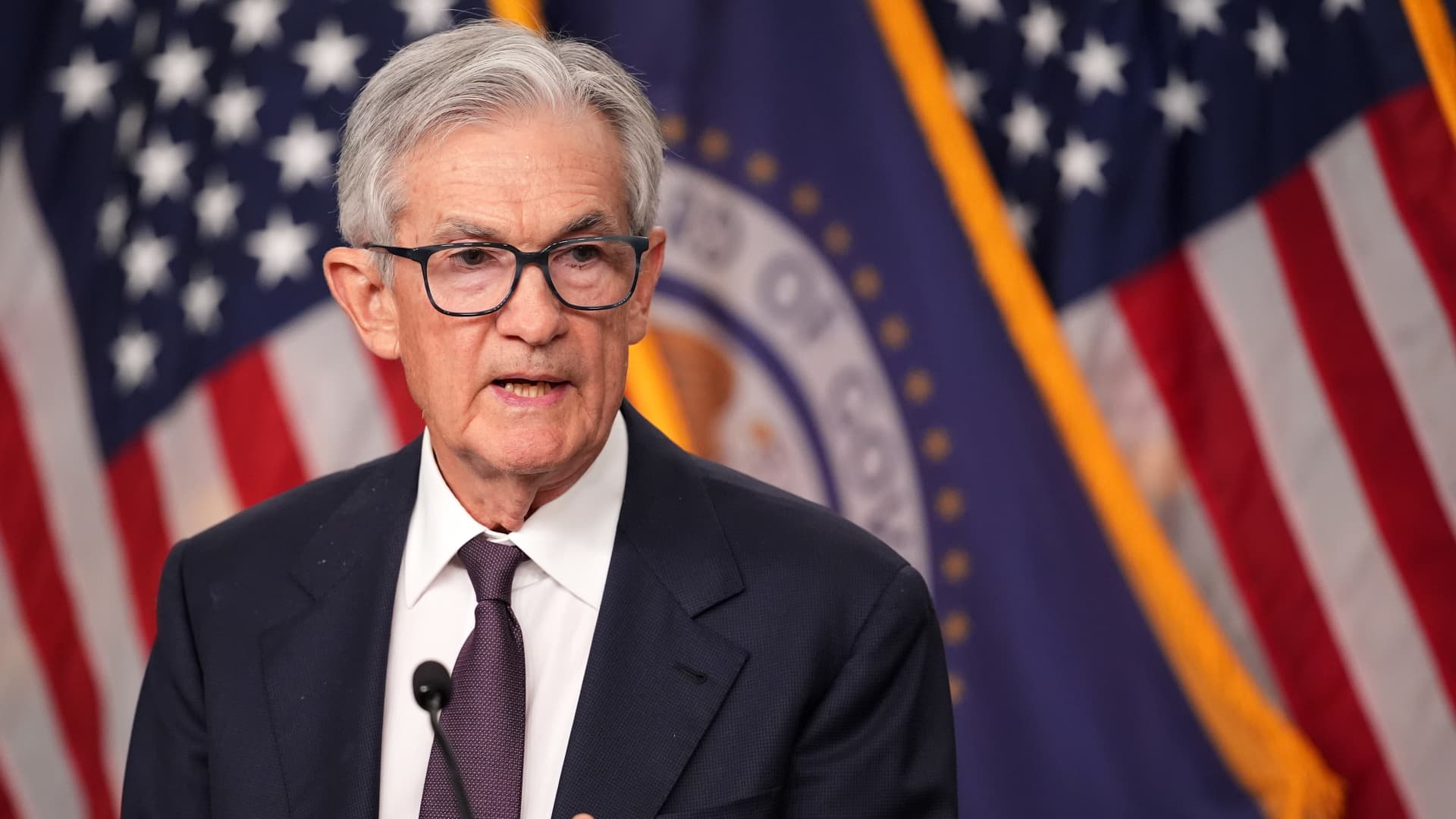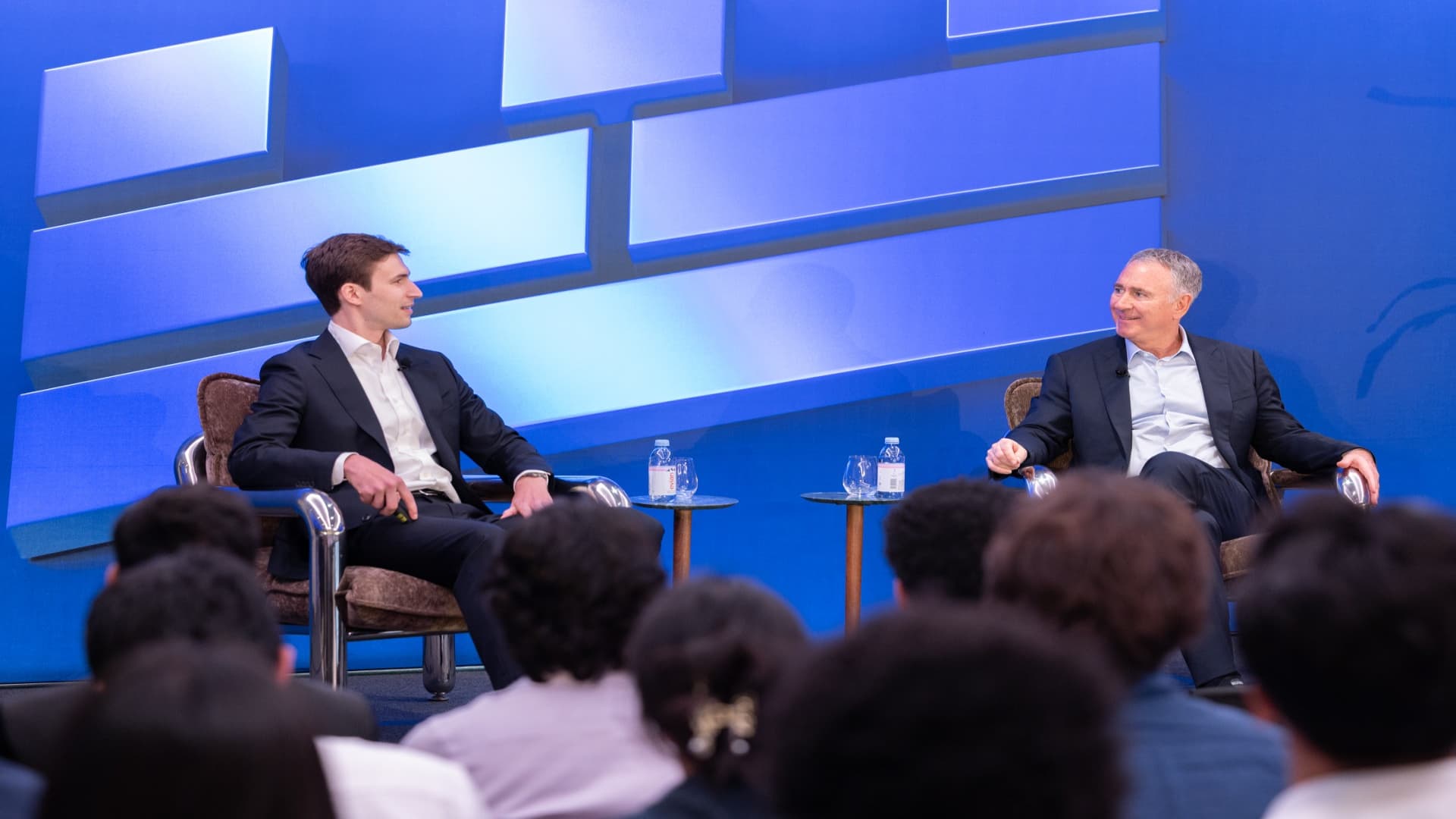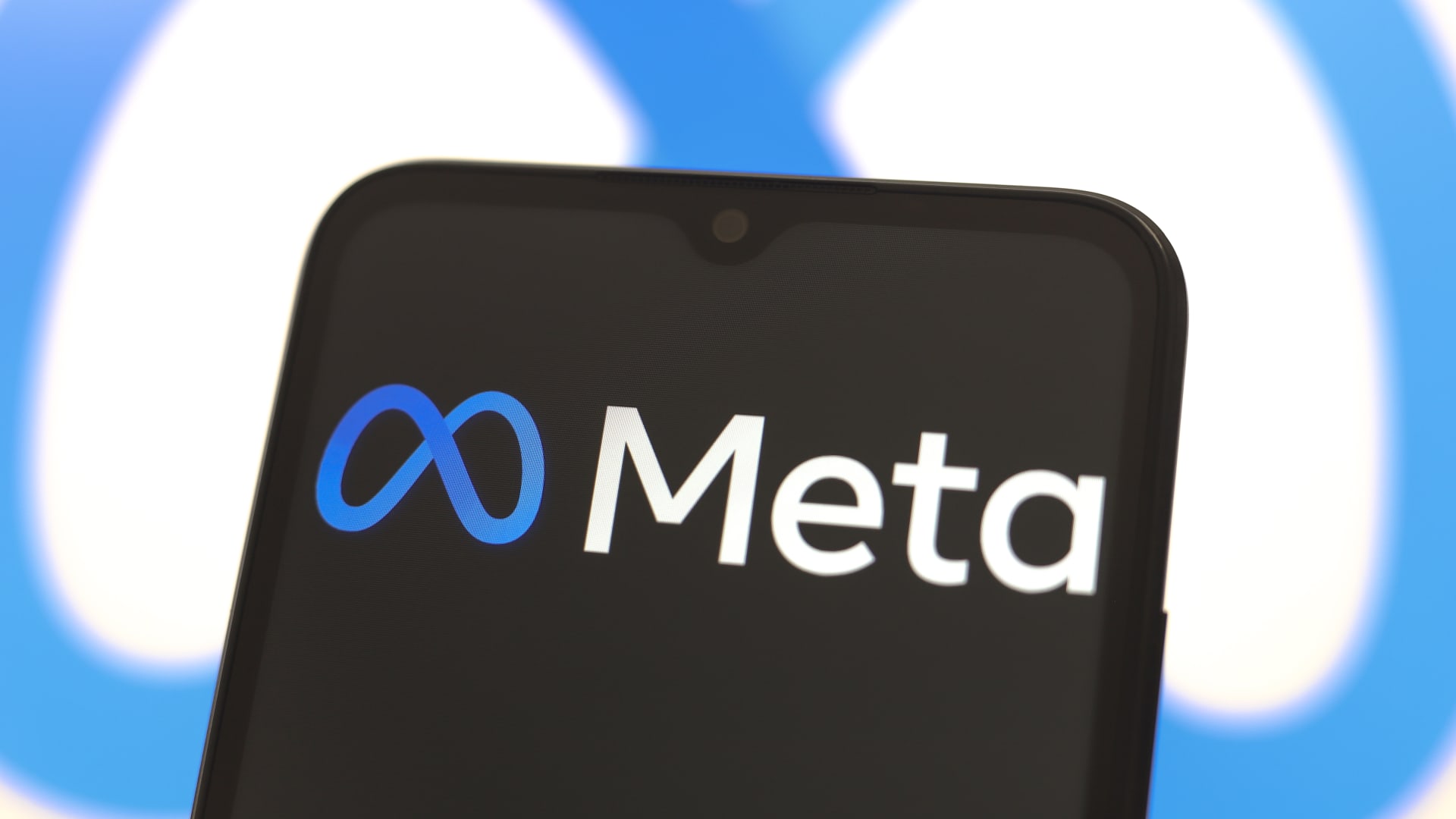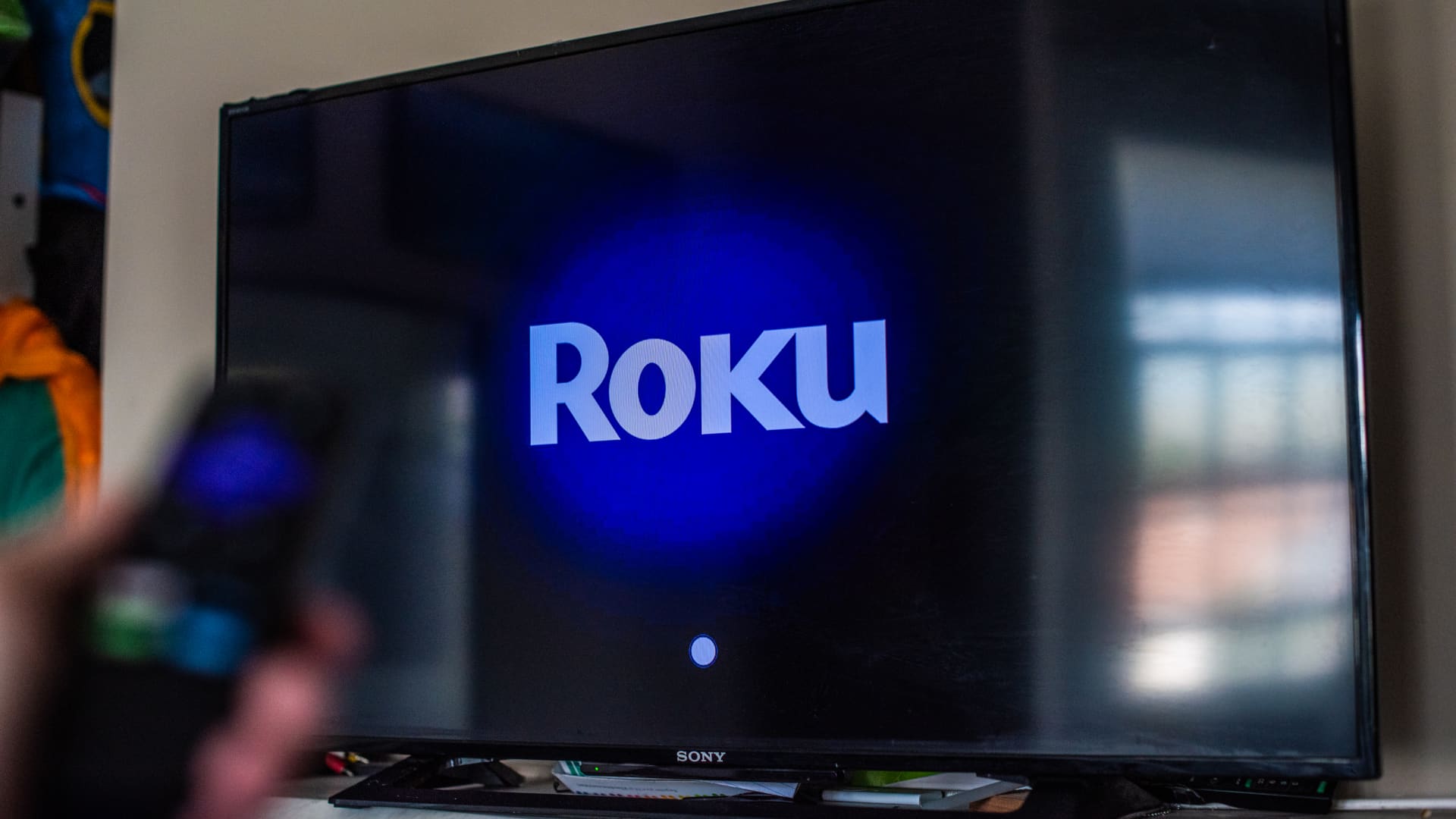Federal Reserve officials at their meeting earlier this month worried that tariffs could aggravate inflation and create a difficult quandary with interest rate policy, minutes released Wednesday show.
The summary of the May 6-7 meeting of the Federal Open Market Committee reflected ongoing misgivings about the direction of fiscal and trade policy, with officials ultimately deciding the best course was to keep rates steady.
“Participants agreed that uncertainty about the economic outlook had increased further, making it appropriate to take a cautious approach until the net economic effects of the array of changes to government policies become clearer,” the minutes stated. “Participants noted that the Committee might face difficult tradeoffs if inflation proves to be more persistent while the outlooks for growth and employment weaken.”
Though policymakers expressed concern about the direction of inflation and the vagaries of trade policy, they nevertheless that economic growth was “solid,” the labor market is “broadly in balance” though risks were growing that it could weaken, and consumers were continuing to spend.
As it has done since the last cut in December, the FOMC kept its benchmark federal funds rate in target between 4.25%-4.5%.
“In considering the outlook for monetary policy, participants agreed that with economic growth and the labor market still solid and current monetary policy moderately restrictive, the Committee was well positioned to wait for more clarity on the outlooks for inflation and economic activity,” the summary said.
The post-meeting statement noted that “uncertainty about the economic outlook has increased further. Also, the committee said that its ability to meet its dual goals of full employment and low inflation have increased due to policy uncertainty.
Since the meeting, officials have repeated that they will wait until there’s more clarity about fiscal and trade policy before they will consider lowering rates again. Market expectations have responded in kind, with futures traders now pricing in virtually no chance of a cut until the Fed’s September meeting.
Trade policy also has evolved since the Fed last gathered.
Tariffs and ongoing saber-rattling between the U.S. and China eased a few days after the central bank meeting, with both sides agreeing to drop the most onerous duties again each pending a 90-day negotiation period. That in turn helped kindle a rally on Wall Street, though bond yields continue to climb, something Trump has sought to contain.
Amid the trade war and signs that inflation is slowly coming in towards the Fed’s 2% target, Trump has hectored Fed officials to lower rates. Fed Chair Jerome Powell, though, has said the Fed won’t be swayed by political interference.
The meeting also featured discussion about the Fed’s five-year policy framework.
When officials last visited their long-range policy, they devised what became known as “flexible average inflation targeting,” which essentially asserted that officials could allow inflation to run above their 2% target for a while in the interest of promoting more inclusive labor market gains.
In their discussion, officials noted that the strategy “has diminished benefits in an environment with a substantial risk of large inflationary shocks” or rates aren’t near zero, where they had been in the years following the 2008 financial crisis. The Fed held interest rates near the lower boundary despite inflation surging following the Covid pandemic, forcing them into aggressive hikes later.
The minutes noted a desire for policy that is “robust to a wide variety of economic environments.” Officials also said they have no intention on altering the inflation goal.

 Economics1 week ago
Economics1 week ago
 Accounting1 week ago
Accounting1 week ago
 Blog Post1 week ago
Blog Post1 week ago
 Personal Finance1 week ago
Personal Finance1 week ago
 Personal Finance7 days ago
Personal Finance7 days ago
 Personal Finance7 days ago
Personal Finance7 days ago
 Economics7 days ago
Economics7 days ago
 Finance1 week ago
Finance1 week ago










